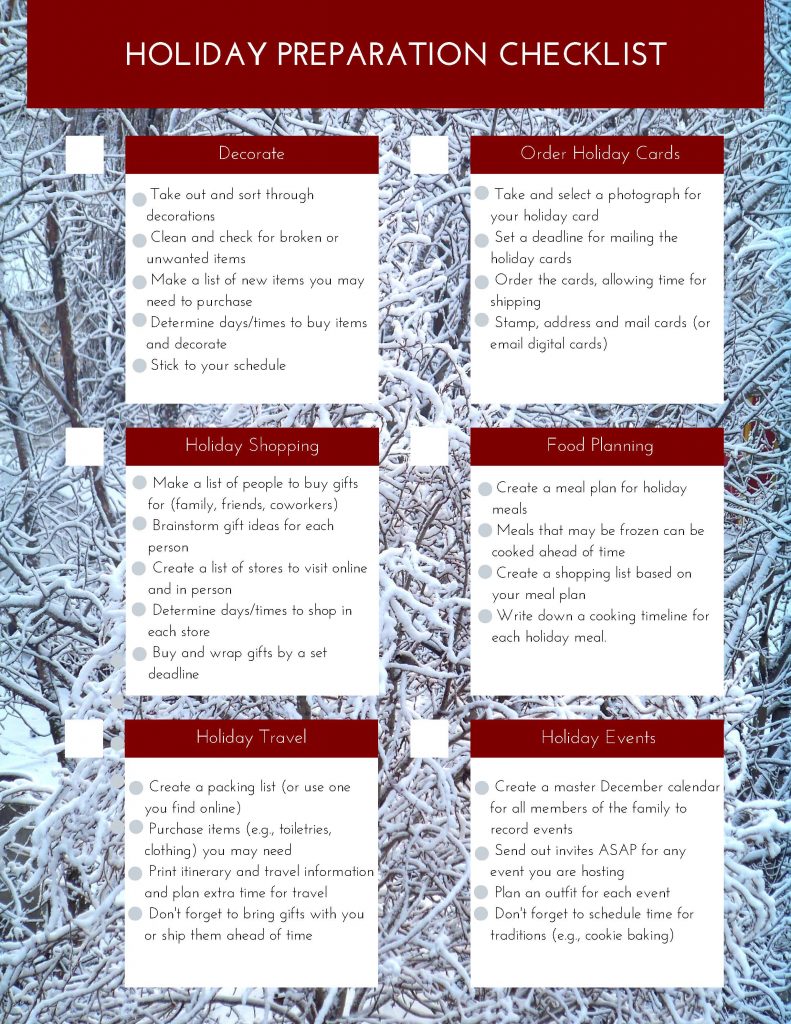You’ve finished the college application process, you’ve been accepted to a university, you’ve hit it off with your roommate…but what comes next? How do you make the big decision of what to study? You’ve probably heard from several people that choosing the right major will have a huge impact on your life post-school and that if you choose incorrectly, you’ll regret it later. With all this pressure, it can be easy to feel overwhelmed, especially when it seems like everyone around you has a clear idea of what they want to do with their lives.
The pressure is real, there’s no denying it. Yet it’s crucial to not rush into a major without first giving it a lot of thought. There are many factors that should go into your decision about what to study, and this list is just a small sampling:
- Talk to people.Your academic advisor, professors, and TAs are here for several reasons, and one is to give you advice! You’re not the first person who’s been confused by college majors, so reach out to your support team. They can share their own experiences and those of others; talking to someone who’s been through the same challenge and seeing how they’ve grown can be a huge morale boost.
- Think big. A common misconception that students have is that there is only one job they can have based on their major (English = teacher, History = historian, Philosophy = Plato’s heir), and that’s just not true! If you love to read, consider majoring in English. Not only will you develop critical thinking and communication skills, you will be able to apply these skills to a variety of fields, such as law. Each major offers a skillset that can be applied to multiple disciplines, so don’t discount a major without first looking into the skills it offers.
- Take gen eds.Colleges tend to require students to take classes from a variety of disciplines. While it may sound terrible to take another math or French class, taking gen eds is actually a great way to figure out which majors you like and which you don’t. If your Bio 101 class makes you want to fall asleep but your Chem 101 class piques your interest, consider signing up for another class! Don’t prejudge your gen eds before seeing whether any of them appeal to you.
- Consider your interests.It’s no secret that some jobs pay more than others. But majoring in something you don’t legitimately enjoy will be painful. If you’re passionate about dance, take some classes to explore it! You may discover that the teaching aspect of dance is something you can see yourself getting into, or perhaps you’re enthralled by writing about the history of dance. Majoring in something that puts a smile on your face will make the next four years go by happily, and you’ll feel more confident in looking for jobs later on. It’s hard to pick a major without first taking some classes, so sign up for the ones that you’re sincerely interested in!
Half of college freshmen end up switching their major, so you’re in good company if you change your mind about what you want to study. The important thing is to experiment in your first two years. Take a bunch of classes, write down your impressions of each, and talk to people in those departments. In fact, you can declare yourself as an Exploratory or Undecided Major until you find the right classes that speak to you. You don’t need to have your life figured out on Day One of college; all you need to do is keep an open mind.
 THINKING ORGANIZED
THINKING ORGANIZED